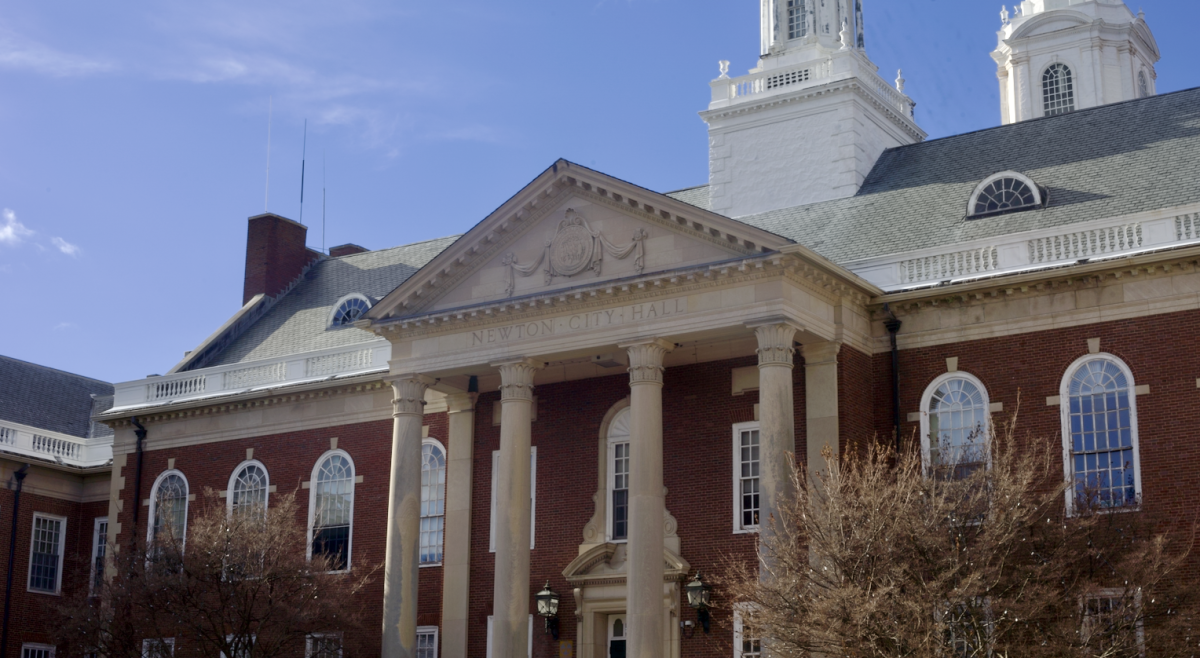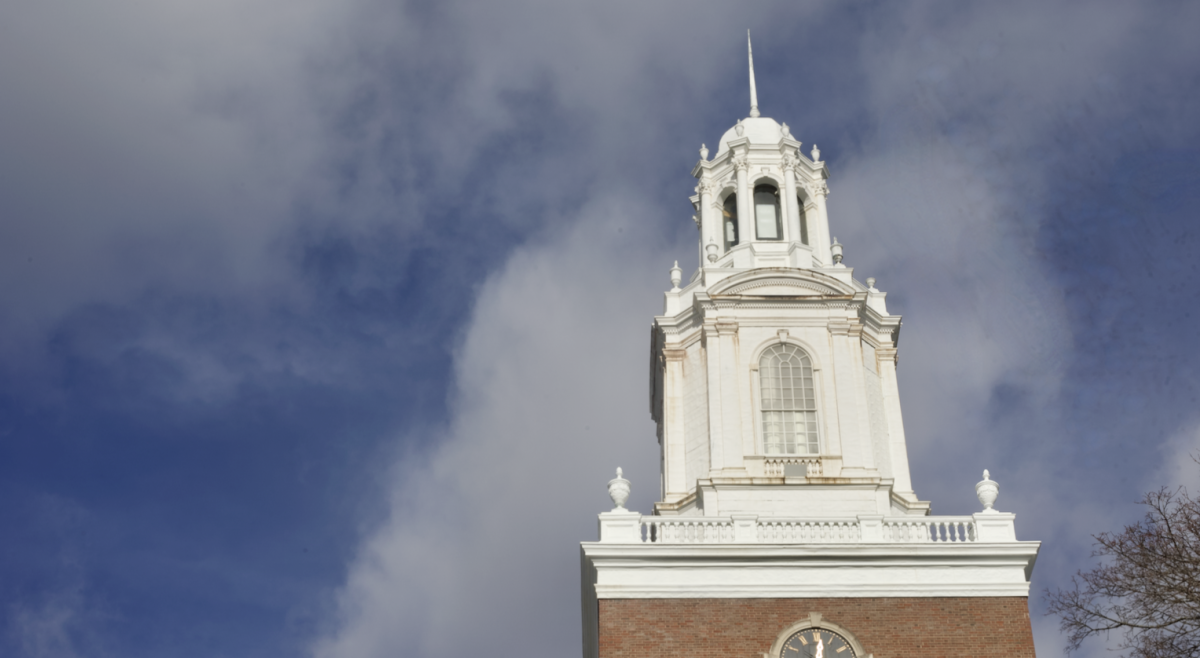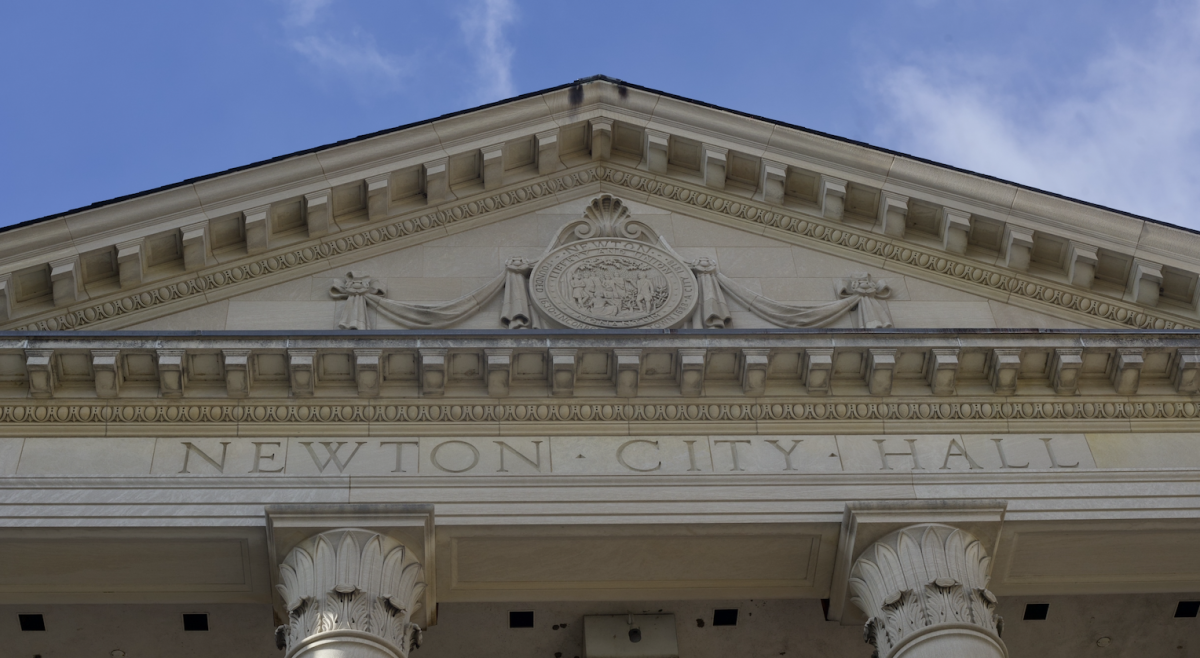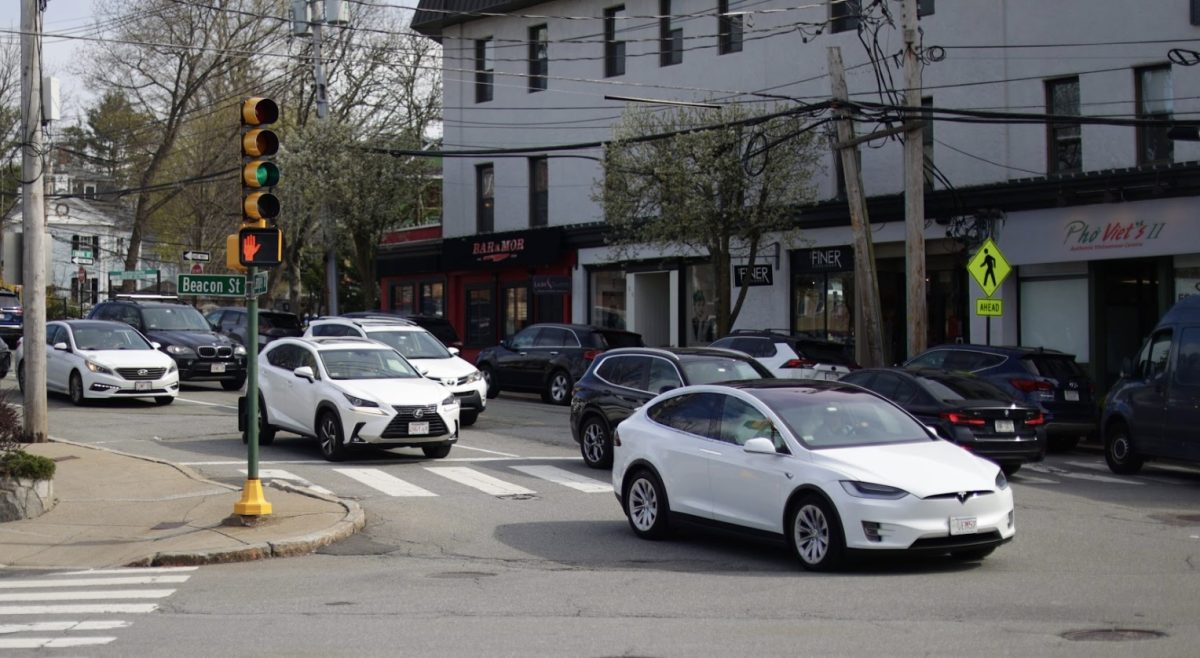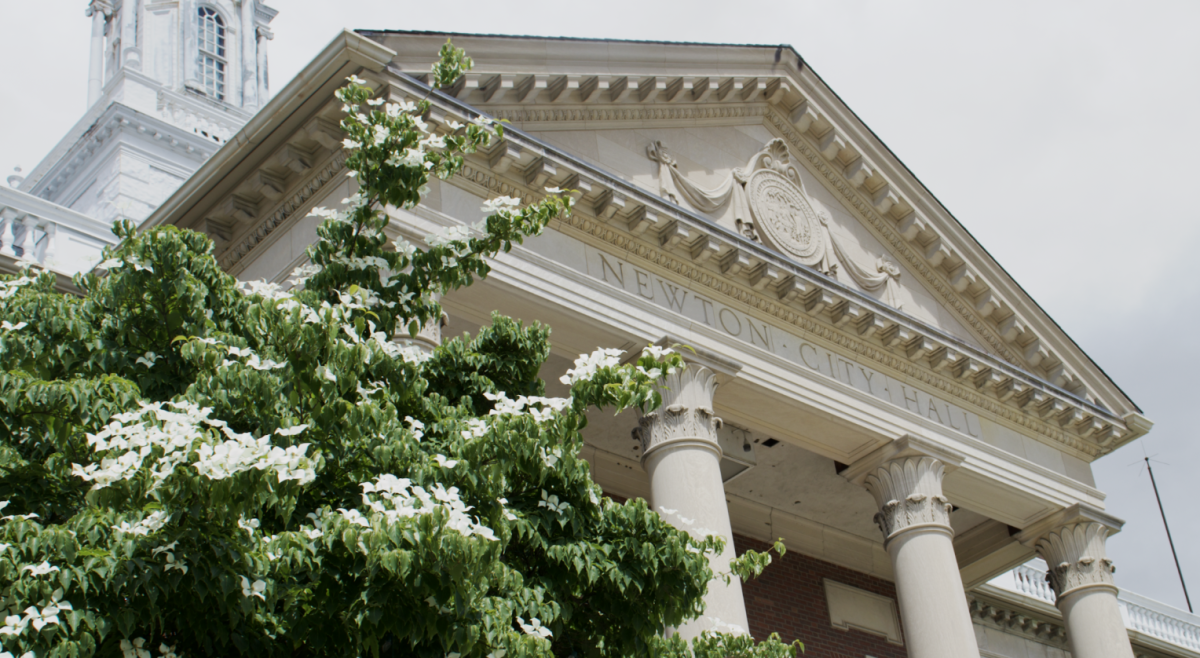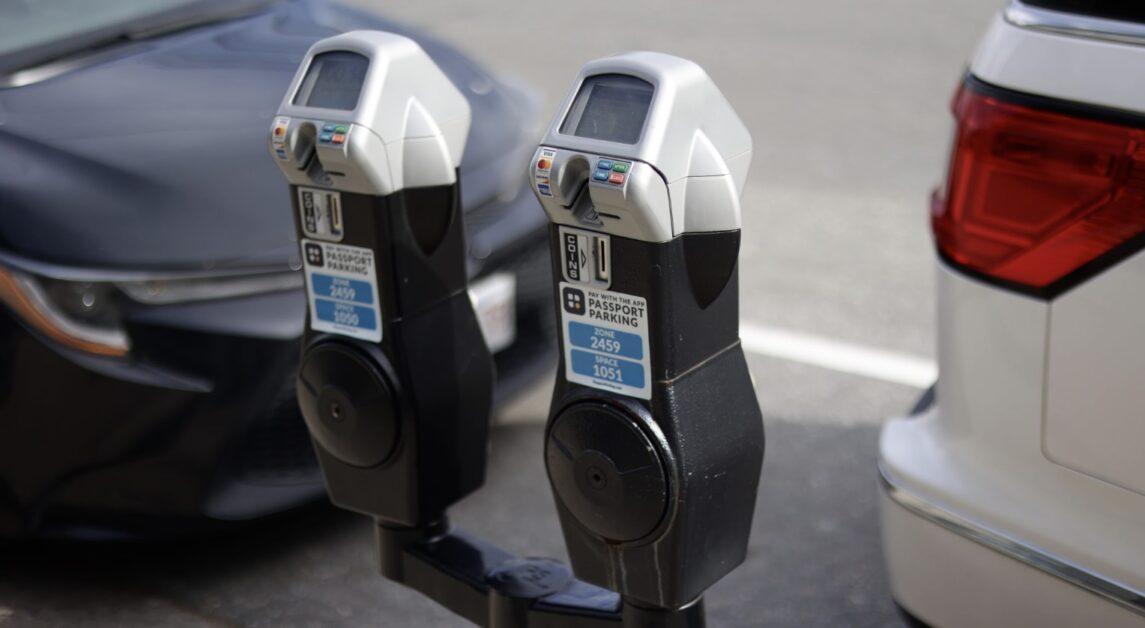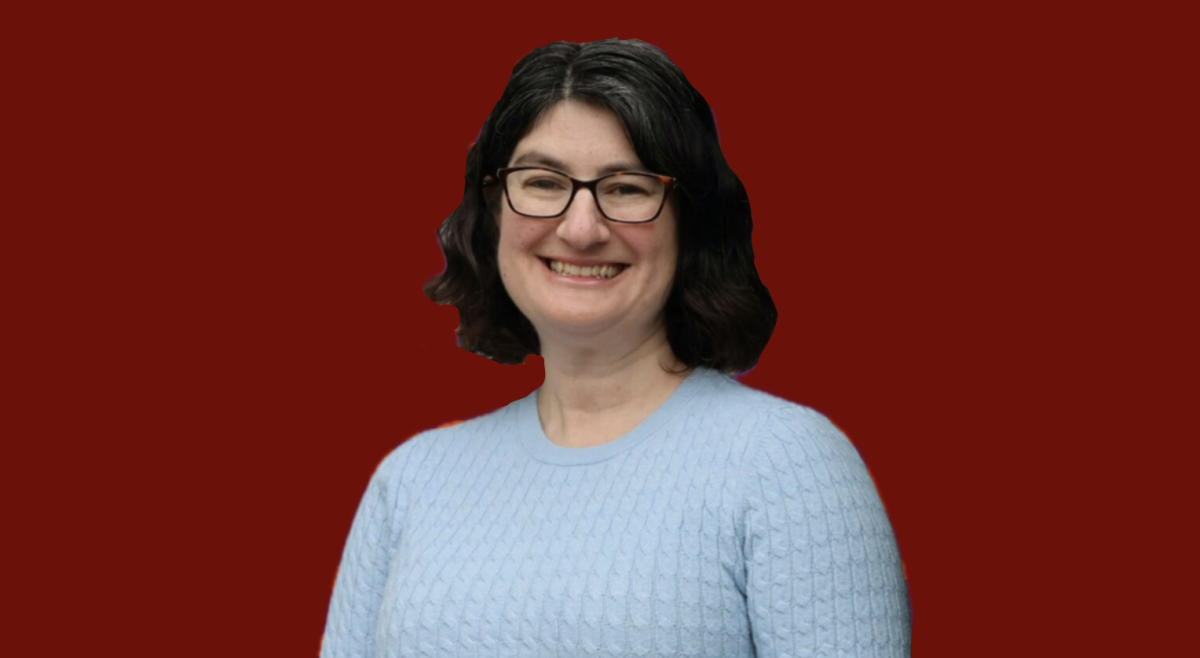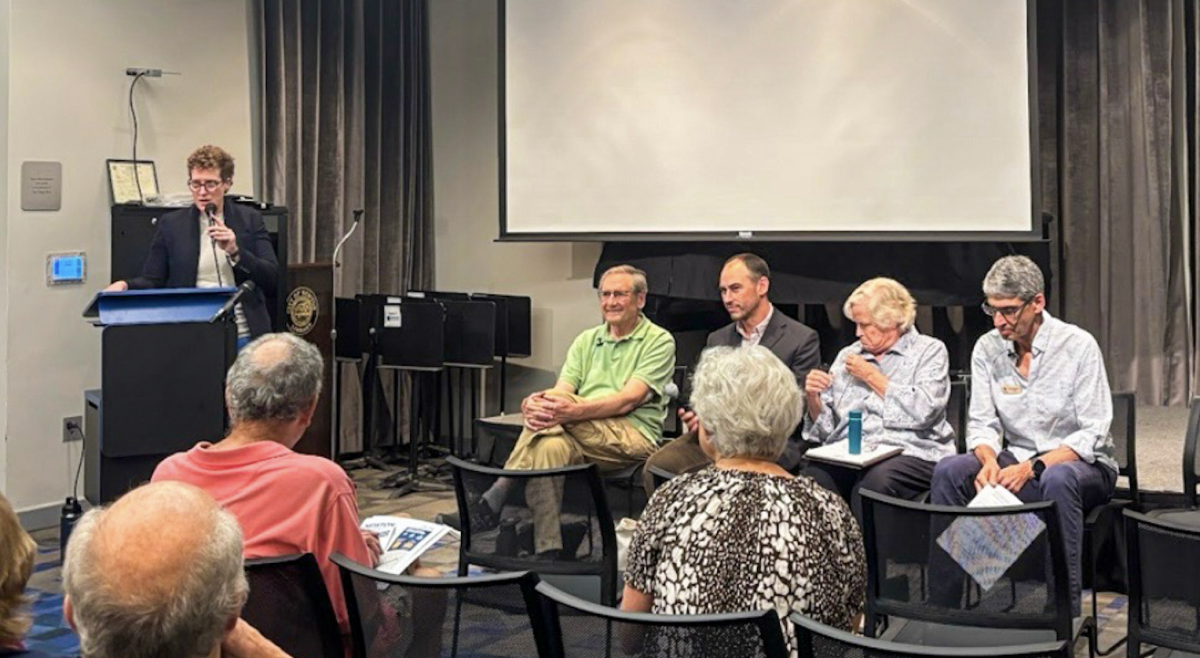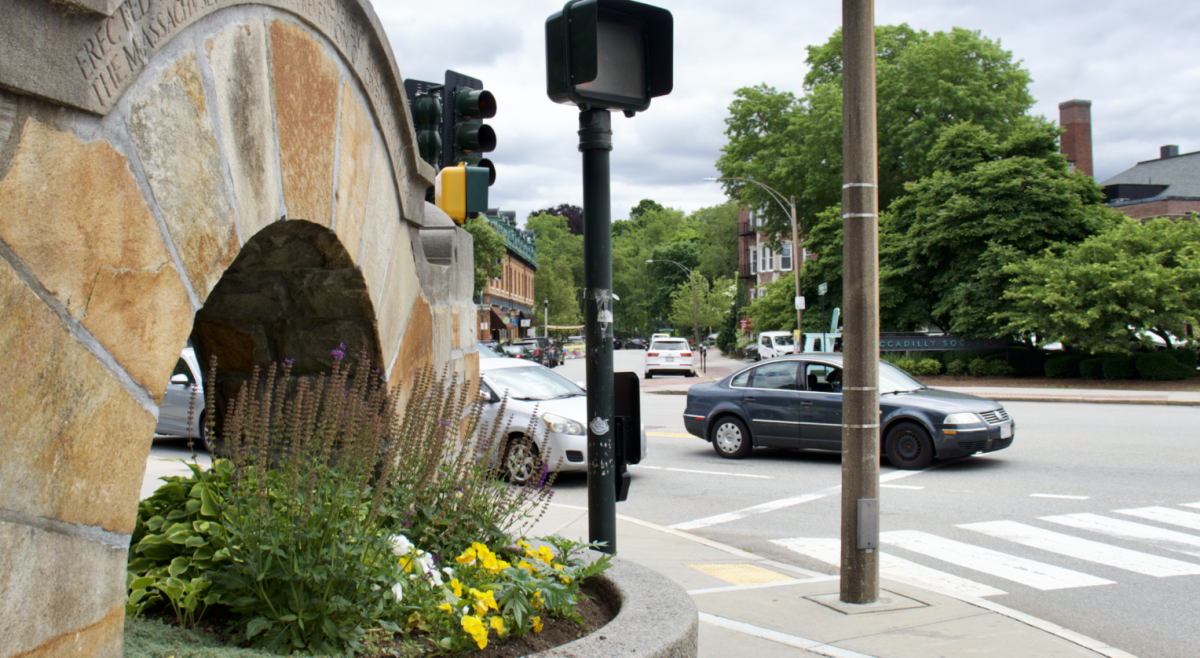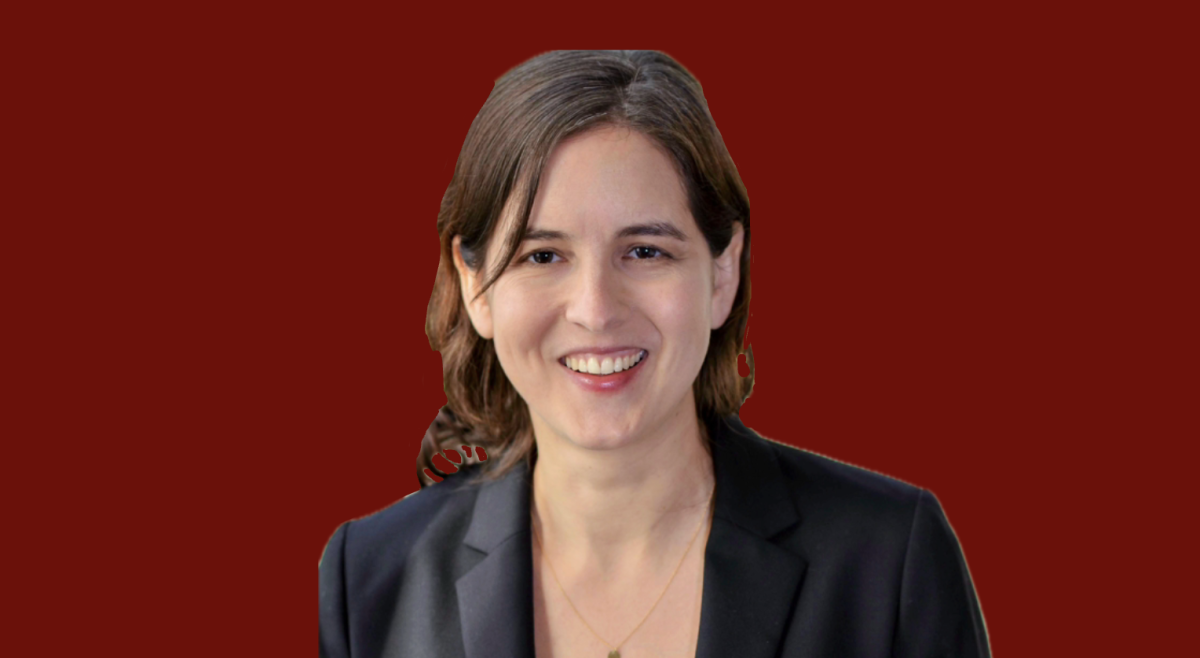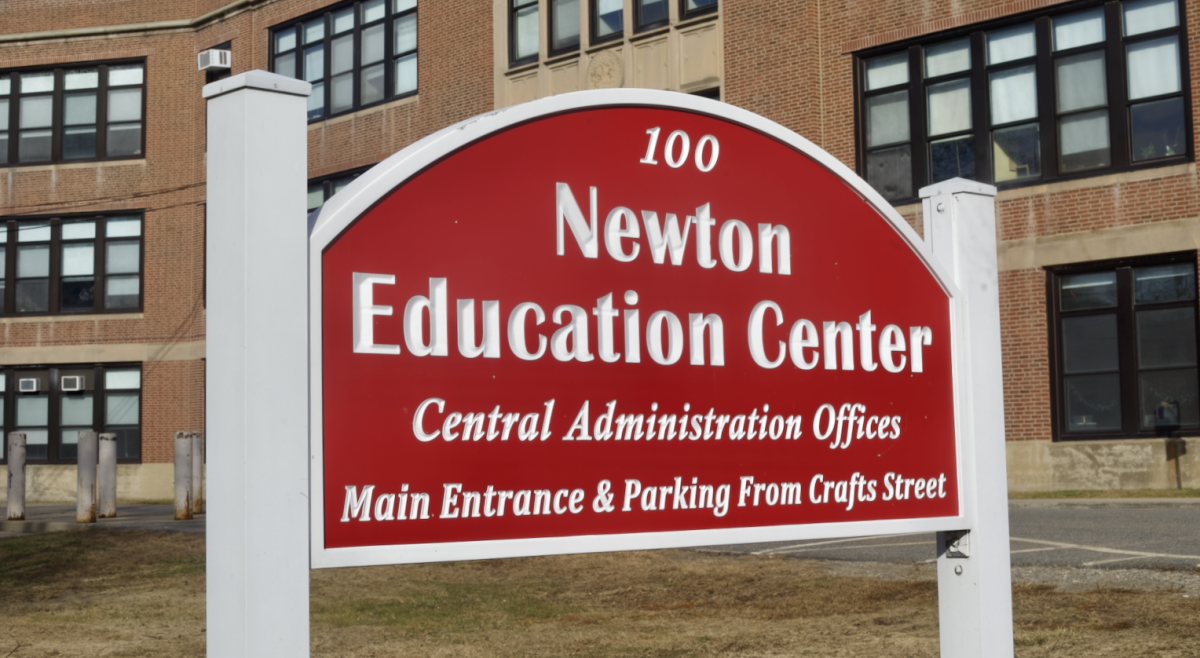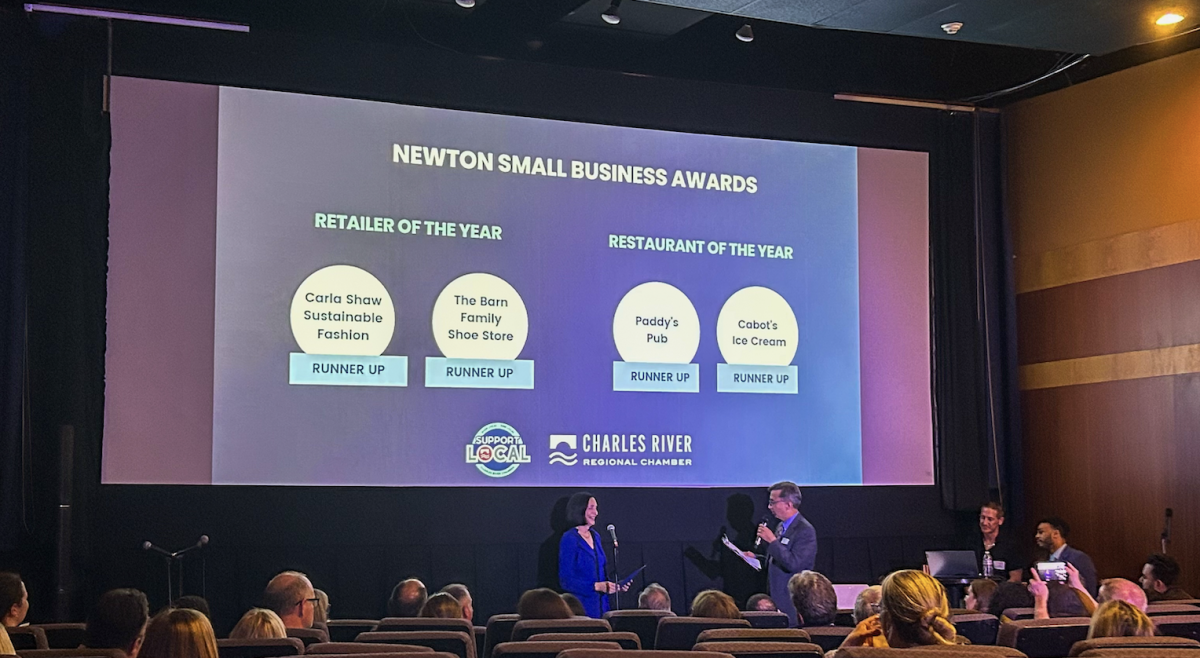Three candidates vying for Newton’s two Ward 6 at-large city council seats—Sean Roche, Lisa Gordon, and Ted Gross—discussed issues in the Newton community during a lively hour-long virtual debate hosted on Wednesday by the Charles River Regional Chamber.
Charles River Chamber Public Policy Manager Max Woolf moderated the debate, asking candidates how they would balance economic vitality, community character, and affordability in Newton in order to give voters a better perspective on the candidates ahead of the Nov. 4 city election.
Here are the highlights from Wednesday’s debate.
Supporting Small Businesses
All three candidates agreed that Newton’s small business community is struggling amid inflation, competition, and changing consumer habits.
Gross called for clearer communication from city hall, suggesting a helpline or “playbook” for small business owners dealing with permits and regulations.
“Somebody should be available to explain what is needed and how they can function in the environment,” Gross said.
Roche agreed, stating the city should remove “regulatory burdens and red tape” and citing parking minimums and confusing processes as deterrents to entrepreneurship.
“I would certainly advocate for the administration to develop playbooks so that somebody who is starting a business or going through change could pick up a playbook and see the steps you have to go through,” Roche said.
Gordon echoed those points but added that outreach and promotion are also crucial to supporting small businesses.
“We don’t always let the businesses know ahead of time, and we also don’t put signage out so that people who are coming to go to that business understand that that business is open, so the communication with our business owners could be strengthened considerably,” Gordon said.
Cultivating Newton Centre Plaza and Villages
The candidates had somewhat differing opinions on the new Newton Centre Plaza, a pedestrian space located in Ward 6 that has drawn mixed reviews from the community and is under review by the traffic commission as it decides whether to keep it.
Gordon said she liked that the plaza brought long overdue attention to the area, but called the rollout flawed.
“The process to get to the pilot was flawed, and I’m hoping that the process of making decisions going forward will be healthier, and we will really talk to small businesses,” Gordon said.
Gross agreed that feedback from merchants and residents should guide future decisions, specifically highlighting the seasonal drawbacks of the plaza.
“It would depend on what the businesses and the residents in the area thought of how it functioned this year,” Gross said. “I don’t see it being able to function during the wintertime.”
Roche said he would likely support keeping the plaza but argued that it’s not the biggest problem facing Newton Centre, suggesting we should consider the triangle in Newton Centre more for its opportunities.
“I think that doing something in the triangle, to take advantage of it, you know, the existing amenities, the existing stores, would be great,” Roche said.
Housing Affordability
On the state’s goal of building 220,000 housing units by 2035, all candidates agreed that more housing is needed but debated how Newton should contribute.
Roche criticized the city’s development process, specifically with special permits, saying it takes too long and therefore makes it more difficult for developers to build. He said the city needs to change its approach.
“Change the incentives so that developers are building for what we want to have, and if we make it easier to build, we will get the housing we need,” Roche said.
Gordon stressed the need to focus on housing for those in need, such as teachers and service workers who can’t afford to live in Newton.
“I feel passionately about housing the most vulnerable,” Gordon said. “I’m not very worried about high-end housing, but I do think that we need housing in Massachusetts, and locally, to especially house those that are unhoused or cannot afford housing in our community.”
Gross said Newton should consider reforming the special permit process for housing in the city.
“I think that the special permit process allows the city council to put some regulations on what can or cannot be built in certain areas, and maybe they may see an area that can help us get some affordable housing in there,” Gross said
Climate Goals
On climate, candidates weighed how to meet Newton’s ambitious goals without burdening residents.
Gordon expressed concern about the Building Energy Reporting and Disclosure Ordinance, or BERDO, a city law that requires existing Newton area buildings over 20,000 square feet to report and gradually reduce emissions. She said it could raise rents and costs for small businesses.
“It is an existential threat that we have to pay attention to, but my whole thing is about looking at how systems work together and making sure that we are making the right steps to get the outcomes that we truly want,” Gordon said.
Gross focused on deferring to information from businesses in order to reduce climate effects.
“There’s data coming from businesses that fulfills the requirement of stating their usage, and as we get more data that would help us refine where we actually want to go … I would rely on that information,” Gross said.
Roche agreed that every policy should be critically viewed through a climate lens, but added that sustainability investments often prove less expensive than expected and can spur growth.
“One of the things I’ll do as a city councilor, every time we talk about something, whether it’s clearly climate or not, is say, ‘What are the climate implications here, and what is the impact of doing and not doing the right thing vis-à-vis the climate?’” Roche said.

